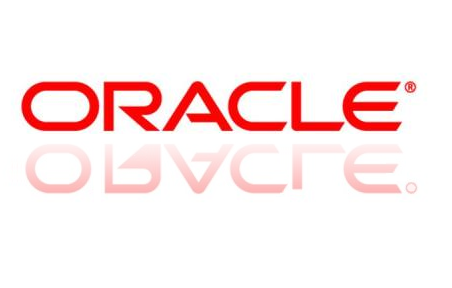| ← Апрель 2014 → | ||||||
|
13
|
||||||
|---|---|---|---|---|---|---|
|
20
|
||||||
|
27
|
||||||
За последние 60 дней ни разу не выходила
Сайт рассылки:
http://av-host.net
Открыта:
09-03-2012
Статистика
0 за неделю






